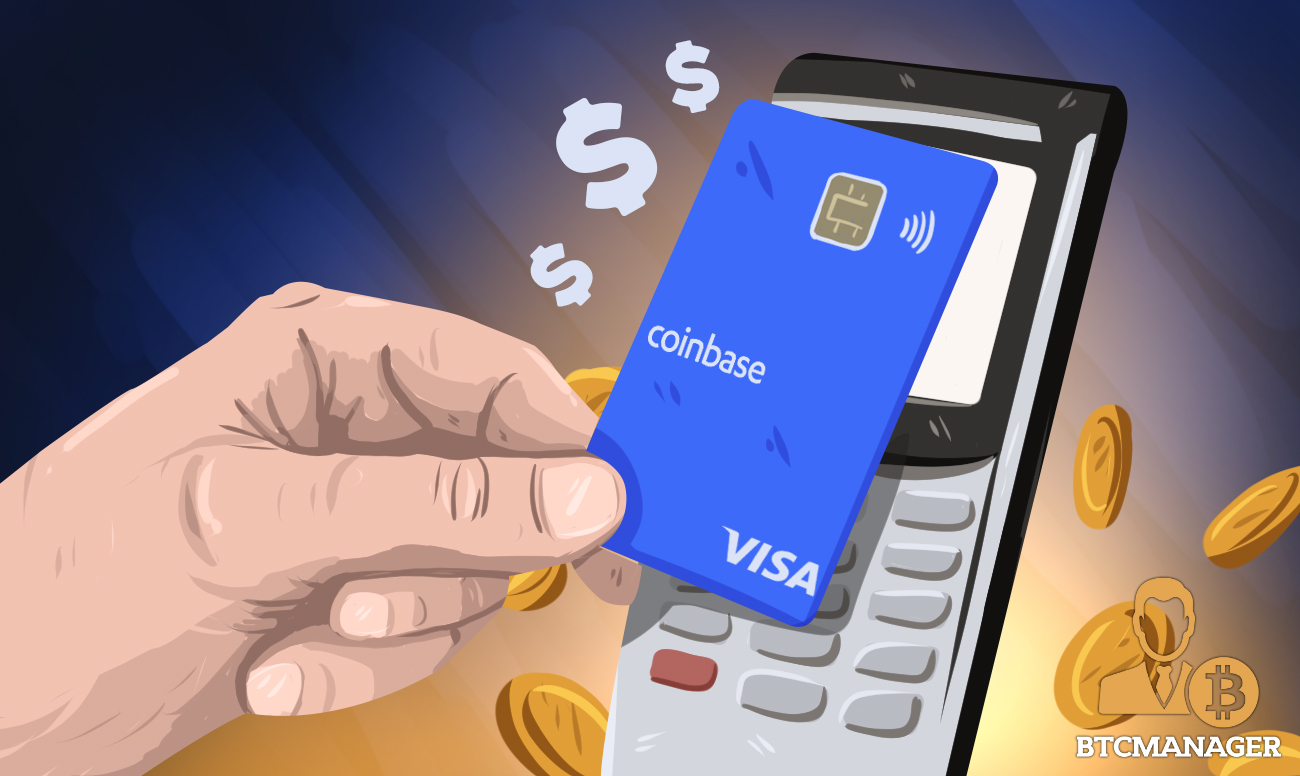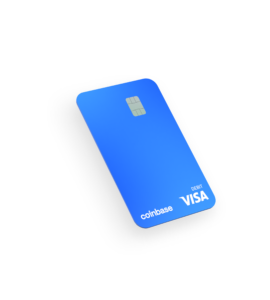
Table Of Contents
Coinbase Card came at a time many crypto users around the world needed an alternative to escape the highly regulated bank-issued ATM cards.
Many Crypto users did not just embrace Coinbase cards because of the beauty of the card alone, they did because of the promise that a Coinbase card would turn their everyday purchases in crypto into crypto rewards.

Did this eventually happen?.
What benefits does a coinbase card user enjoy?.
We will be delving into matters concerning coinbase cards such as how to get coinbase cards, tax implications of using this card, fees, and 4% back reward promises, while keeping in mind the promises coinbase made to its users. We will also look into the current allegation that coinbase used India’s payment network without government permission.
What Is Coinbase Card?.
Coinbase card is a debit card that promises to turn your everyday purchases into crypto rewards. It allows you to spend Cryptos including USDC or US dollars anywhere Visa cards are accepted. Unlike everyday dollar cards we use in purchases, Coinbase Card is used for the purchase of accepted crypto coins, goods, and services. It is also used in making online payments to vendors who accept elite crypto coins such as Bitcoin, Ethereum, DogeCoin, Shiba Inu, etc.
About Coinbase.
This beautiful innovation was started in 2012 with an objective. At the time, the objective was to make sure that anyone, anywhere would be able to securely send and receive Bitcoin without any hindrance. Today, the initial idea has metamorphosed into branches as Coinbase has expanded its objective from solely Bitcoin to other cryptocurrencies.
Persons Behind Coinbase.
Brian Armstrong is the co-founder and Chief Executive Officer.
Emilie Choi is the President and Chief Operating Officer.
Are There Any Fees Attached To Coinbase Card?.
Presently, there are no fees attached. Spending US dollars, crypto coins such as USDC with coinbase comes with zero few charges.
Are There Tax Implications?.
As of the time of this writeup, there are no tax implications when you spend Dollars (USD) or coins (USDC) on the Coinbase card.
However, charges apply when you want to sell other crypto assets in your account. For instance, when you want to sell your Bitcoin using your Coinbase card, you will be taxed.
Advantages And Rewards.
Coinbase comes with certain advantages and rewards that make it better and more reliable than other crypto cards.
- When you use your Coinbase Card to purchase crypto, you can earn up to 4% back on such transactions.
- Your accumulated coins have the potential of growing over time. What this simply means is that the more you use your Coinbase card, the more rewards you accumulate.
- You can equally earn crypto without engaging in buy and sell on the platform.
- Coinbase card gives you the liberty to spend, and make purchases anywhere the Coinbase Visa debit card is used.
How Coinbase Used India’s Payment Network Without Payment.
On April 7, Coinbase joined the Indian crypto market allowing users to purchase cryptocurrencies using the United Payments Interface (UPI) used by other notable crypto exchanges in India.
Coinbase has however halted its move after the National Payments Corporation of India (NPCI) claimed that it was not aware of “any crypto exchange using UPI.”. Coinbase and other notable crypto exchanges in India such as CoinSwitch, Kuber, and WazirX disabled deposits of rupees.
Conclusion.
Coinbase cards came at the time when crypto users needed them the most for their daily transactions. It made buying and selling crypto assets easier and more secure. On the other side, Coinbase needs to expand its base from the US to other parts of the world. Coinbase Visa debit card needs to spread across the world immediately. Making the card available to crypto users in every part of the world will bring to an end the hardship crypto users in third world countries face on daily crypto transactions.
Disclaimer: Neither the author, Augustine Obinna, nor this website, aprokoarena.com provide financial advice. Please consult our website policy prior to making financial decisions. Thank you.